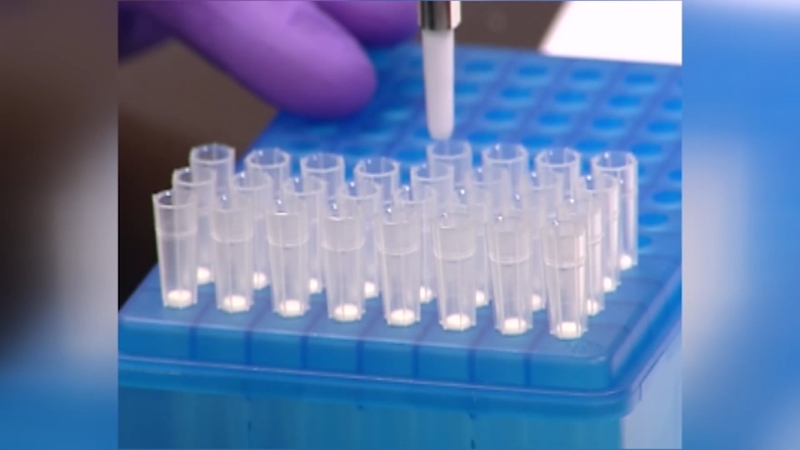
Did you know the U.S. has a much higher murder rate compared to other developed countries? With crime on the rise and suspects roaming loose, law enforcement agencies are taking specific measures to find criminals as soon as possible. This is where forensic genealogy comes to play. According to data, forensic genealogy has helped find over 40 murder and sexual assault suspects in 2019. If you’re looking to crack a case, here’s everything you need to know about this process:
What is Forensic Genealogy?
This term is mainly used in the U.S. to describe all research and analysis related to genealogy. This practice uses genetic information to identify victims or suspects in criminal cases. A forensic genealogist is required to be present in the court to provide testimony and state the findings of their research report adhering to the Genealogical Proof Standard established by the Board for Certification of Genealogists.
How Does Forensic Genealogy Work?
Forensic genealogy involves using DNA evidence from the crime scene and comparing it with publicly available DNA information. Most people use open-source databases like GEDMatch to upload genealogy results from direct-to-consumer companies to find their relatives. However, investigators use this valuable data to match the DNA found at the crime spot and filter down suspects.
Genealogy is based on the idea that humans are related to each other in some way or the other. The research analyses the identity-by-descent (IBD) segments of DNA, indicating whether the two people share common ancestors. When two people’s DNA closely match, this can be used to determine the relationship they share and even find the suspect. Stats show that 1.2 million people found their third cousins or relatives through this process.
In the case of crime scenes, a genealogist can track a suspect by assessing fingerprints or any DNA evidence left on the crime scene. Investigators take a bottom-top approach to engineer the family tree and find as much information possible about the suspect.
How Can We Help?
Forensic genealogy requires practical interpretation, in-depth understanding, and knowledge about genealogy. An analysis that is incomplete or has some flaws result in bias and serious implications, especially in crime scenes.
Our team of genealogy experts has decades of experience and knowledge in this field. They have helped solve several cases by analyzing, interpreting, and reviewing genetic information. Our team can also help train detectives and law enforcement agents on how to use genetic information for investigations effectively. Our forensic genealogy services include forensic genealogy methods, proof standards, applications of DNA analysis, and limitations of DNA analysis.
We also can help find biological family roots. At DavisDNA & Family Research, we strive to create awareness about DNA testing and its genealogical uses. Based in Tampa Bay, Florida, We offer DNA analysis and forensic genealogy support nationwide. Get in touch with us to learn more about our comprehensive services.
